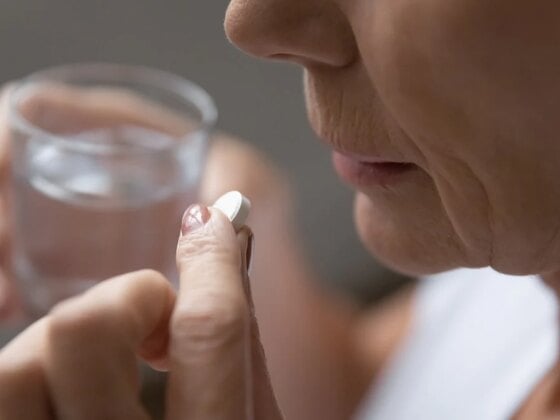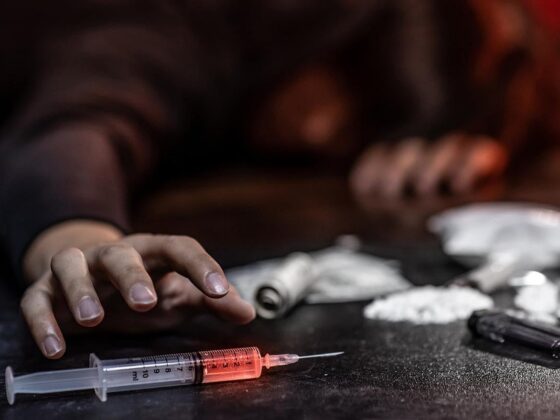September is recognized as National Suicide Prevention Month; the month that shines a spotlight on a topic not often talked about. While many suggested that the COVID-19 pandemic and quarantine restrictions would lead to an increase in suicides, this was not the case. The U.S. had 2,677 fewer suicide deaths in 2020 than in 2019, a 5.6% decline, according to preliminary data from the Centers for Disease Control and Prevention (CDC). Deaths by suicide decreased in 2019, with 47,511 deaths as compared with 48,344 in 2018. Suicide deaths ranked as the eleventh leading cause of death in 2020 and 2019.
There is no shortage of myths about suicide. For example, asking someone about suicide will not plant the idea in their minds. Nor are suicidal people fully intent on dying or have an untreatable mental illness. Suicidal ideation can affect people of all ages, genders, ethnicity, sexual preferences, income and education. Suicide is preventable. All of us can play a role in preventing death by suicide.
If you know someone in crisis, call the National Suicide Prevention Lifeline at 1-800-273-TALK (8255), or text the Crisis Text Line (text HELLO to 741741). Both services are confidential, free and available 24 hours a day, seven days a week. Or dial 911 in an emergency.
This Weekend Reading series begin with Everybody Hurts, with a look at the many faces of those thinking of or having died by suicide. Next check out How to Save a Life with articles on how you can help prevent suicide. In Don’t Believe the Hype you will find a variety of articles on some of the latest health misinformation. Finally, do not miss Stressed Out with information on reducing personal stress. Make sure to read my favorite, Buff & Bloom Plant Program Cultivates Well-being about a stress reduction strategy that you may wish to bring to your workplace or home!
I hope you enjoy the following:
1. Everybody Hurts
- Northwest Labor Press: Construction industry confronts suicide in the ranks
- Boston University: In 20 Years since September 11, Military Suicides Have Risen Sharply. Why?
- WebMD: What to Know About Suicide Rates in Older Adults
- New York Times: E.R. visits following suspected suicide attempts rose among U.S. teen girls during the pandemic.
- Kaiser Health News: Pandemic Unveils Growing Suicide Crisis for Communities of Color
2. How to Save a Life
- #BeThe1To: How and Why the 5 Steps Can Help Someone Who is Suicidal
- Cleveland Clinic: Recognizing Suicidal Behavior
- Healthline: People Often Call Suicide a Selfish Act — Here’s Why That’s Incorrect
- STAT: Handgun ownership vastly increases suicide risk, large study confirms
- Observer & Eccentric: Schools add life-saving information to school ID cards for middle and high school student
3. Don’t Believe the Hype
- Cleveland Clinic: Why You Shouldn’t Take Ivermectin for COVID-19
- Forbes: Betadine Is This Week’s Covid-19 ‘Cure’ Vying With Ivermectin
- WebMD: FDA Warns About Fraudulent Supplements to Treat Diabetes
- PBS: There’s no evidence COVID-19 vaccines hurt fertility. Here’s what’s fueling the myth
4. Stress Less
- CNBC: This 3-minute, $3 habit could lower your stress and anxiety at work
- Hamilton: Buff & Bloom Plant Program Cultivates Well-being
- Medscape: Do Pets Improve Workplace Mental Health? Paws-itively
- The Atlantic: Every Dog Is a Rescue Dog
- Futurity: Cat adoption eases stress for felines and kids with autism
Have a wonderful weekend!
Suzanne
Suzanne Daniels, Ph.D.
AEPC President
P.O. Box 1416
Birmingham, MI 48012
Office: (248) 792-2187
Email: [email protected]



